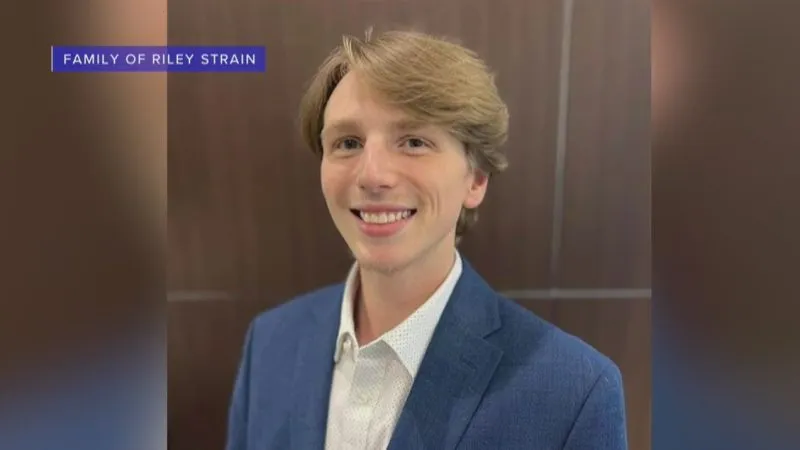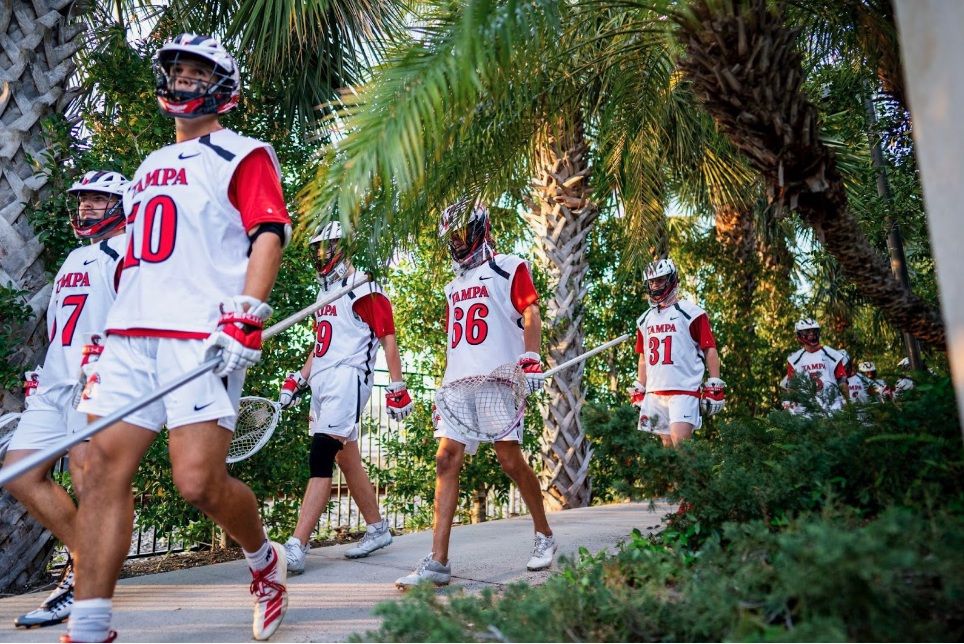by Tyler Goss
On a Monday in early October of 2019, just after 1 a.m., Lauren Cunneen, a University of Tampa sophomore, said she and her three roommates were asleep in their room in Palm Apartments on-campus, when a heavy knock woke them. Following the knock, a group of Campus Safety officers entered the room claiming they smelled marijuana in the girls’ dorm. Cunneen said she asked the officers how they determined the source of the smell, to which the Campus Safety officers didn’t respond.
“They raided all of our stuff,” Cunneen said. “We didn’t go back to bed until 2:30 in the morning, they spent a very long time looking.”
After Campus Safety completed their search Cunneen said no marijuana was found.
Cunneen is not the only UT student to have experienced such an encounter with Campus Safety. Andrew Wilson, a sophomore, said that in his case, “they knocked on the door and said that they heard someone say the word, ‘high’…they came in and they went crazy on us.”
Christiana Montaldo, a senior said, “Campus Safety came and they flipped my room and left it a mess and they didn’t find anything.”
The UT Student Housing Agreement said that Campus Safety officers have the right to enter a room if, “it is feared there is imminent danger to life, safety, health or property…or if it is reasonably believed that a violation of University regulations or policies, or local, state or federal laws, is occurring.”
In this case, Cunneen said that she felt entrance was unjust.
When asked if students were allowed to refuse entry, Campus Safety’s assistant director, Samuel Ponce said, “Not really because the reason we’re in there allows us to be in there. You could say no and we would say read your housing agreement you have agreed to already.”
Ponce explained what students should do if they disagree with a search.
“Allow the officers and Res Life to do their job and then if there’s a complaint or an issue with the way that they’re doing it then you can make a complaint with campussafety@ut.edu,” said Ponce.
Ponce said Campus Safety wouldn’t enter a room if they weren’t given a reason to beforehand. He said they don’t know what’s going on behind closed doors, but if there was something going on that could potentially hurt other people then they must seize whatever is endangering the well being of other students.
A common question from students whose rooms had been searched was whether or not officers are allowed to search safes or lock boxes. The student handbook lists a number of items that are prohibited for students to have on-campus. Items such as alcohol, drugs, candles, even extension cords and indoor pools are mentioned. Though not among them are safes or lockboxes.
Ponce said while the items themselves are not forbidden, officers maintain the right to have them opened during a room search.
“If it’s in the room, it falls under that room,” said Ponce. “You can have a lockbox. Obviously, if we had information that they’re hiding something in the box we’re gonna ask them to open the box.”
Some students may not understand that they will give up certain constitutional rights at a private university. Many of the students interviewed mentioned how they were under the impression that officers needed a search warrant to search their room, or their property, in the first place. This is in fact false.
The Constitutional and Statutory Regulation of Private Colleges and Universities states “Private institutions are not bound by constitutional standards for the protection of private persons and institutions.” Essentially, if it’s necessary, Campus Safety officers have every right to search what they see fit.
Many of the students mentioned how they felt that their experience with Campus Safety was negative for them. Ponce said he wishes to reverse this stigma.
“Students were saying Campus Safety is always writing tickets and always doing room searches, so kind of seen in a bad way,” said Ponce. Campus Safety’s program called the Community Officer allows students to spend time with Campus Safety officers. Ponce said he believes it’s important because it allows officers to build relationships with the students.
Junior education major Olivia Healey said, “I’ve had interactions with Campus Safety before, but I didn’t have any trouble. They’ve always been really nice to me and helpful when I needed it.”
Whether or not a student has broken a law or university regulation, Campus Safety may search a room if they wish to do so. However, Ponce pushed the notion that officers wouldn’t unless it was seen as absolutely necessary. Campus Safety’s mission statement says that their purpose is to, “provide a safe and secure environment for the campus community.”
“We can’t do this alone, it takes both the students and Campus Safety to accomplish the mission of maintaining a safe educational environment.”
Tyler Goss can be reached at tyler.goss@spartans.ut.edu




